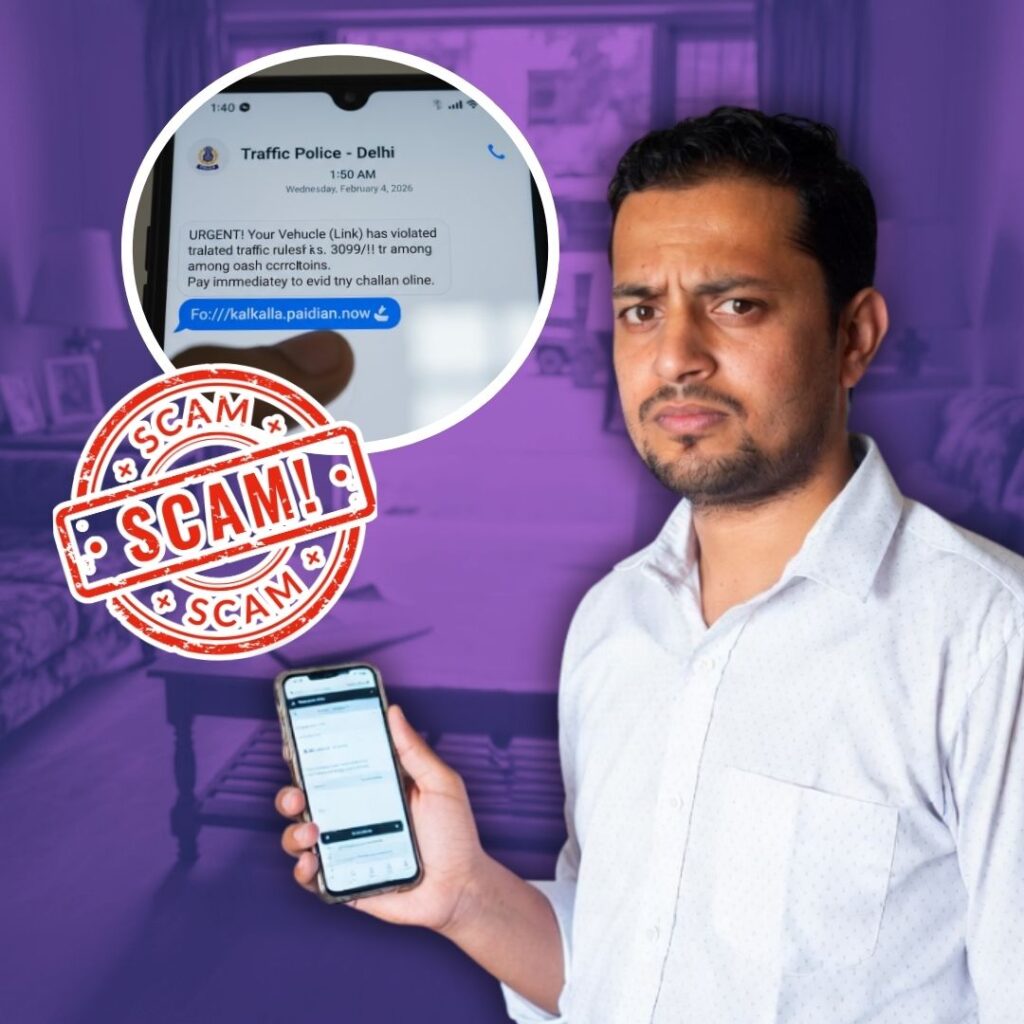As the fight against the deadly coronavirus (COVID-19 ) continues across the world, a total of 2,51,447 persons have been screened and 15,991 people kept on community surveillance in India.
There have been three confirmed cases in the country, all from the southern state of Kerala. However, in a positive development on Friday, February 14, the government announced that all the patients have recovered.
The State Finance Minister, Thomas Isaac, in a tweet congratulated the health department and said, ‘Just as in the case of Nipah, Kerala has won battle with Corona Virus. All the 3 patients identified have been confirmed by Central authorities to have fully recovered. No case of secondary spread. Number under quarantine observation drastically coming down.Congats Health Dept.’
Just as in the case of Nipah, Kerala has won battle with Corona Virus. All the 3 patients identified have been confirmed by Central authorities to have fully recovered. No case of secondary spread. Number under quarantine observation drastically coming down.Congats Health Dept.
â Thomas Isaac (@drthomasisaac) February 14, 2020
On Thursday, the state reported that two of the patients from Thrissur and Alappuzha have fully recovered. In addition, one of the patients was discharged from the isolation ward of the Alappuzha Medical College hospital in the state.
As of now, a whopping 2,288 travellers from virus-affected countries have been identified and placed under surveillance in the state. Of this, 2,272 are under home quarantine and 16 admitted in select isolation facilities.
So, how is Kerala battling the deadly virus?
Early Preparations
With its experience in fighting the Nipah virus outbreak two years ago, Kerala is setting an example to the world in dealing with the novel coronavirus epidemic. In 2018, 17 out of the 18 affected by Nipah had died in the state. However, banking in on this experience, during Nipah’s second outbreak in 2019, not a single death was reported in the state.
Today, it is this experience that is helping both the government and the public in dealing with the latest virus outbreak.
The state was battle-ready as soon as the Union Health Ministry issued an alert against the coronavirus on January 17. As students from Kerala accounted for a large section of the medical students in China’s Wuhan, the epicentre of the virus outbreak, the health department officials in Kerala was alert about a possible outbreak in the state.
Moreover, the chances of a higher number of positive cases in the state are high due to its huge population.
‘Kerala’s density of population is high and people participate in many group functions. Hence, as the virus is airborne, it can spread easily. Also, the comorbidity in the state is high, that is, diseases like hypertension, diabetes, cancer, and heart diseases are more. People with such diseases have higher chances of getting infected,’ Dr B Ekbal, former Vice-chancellor of the University of Kerala, a public health activist, and currently a member of the Kerala State Planning Board tells The Logical Indian.
Immediately after WHO declared the severity of the virus, strict vigil began at airports in the state to screen passengers flying in from China. At the four international airports, preliminary screening procedures were set up. If anyone showed symptoms during the screening, they were taken to the nearest medical college in a sterilised ambulance.
Isolation wards were prepared in all districts. In addition, private hospitals were also informed about setting up isolation wards in case of an emergency. To decide on treatment, isolation, and quarantine of suspected patients, a Rapid Response Team (RRT), headed by the Health Minister herself, was set up. State and district level control rooms were also set up, that held daily meetings headed by the Principal Secretary of the State health department. Over 40,000 health official and staff have been mobilised in the state.
2) #Kerala State Control Room – the war room – for all crucial information gathering/dissemination, multi-level co-ordination of all within the Health Department.This is replicated in all 14 districts – to streamline information flow/decision making. #CoronavirusOutbreak @ndtv pic.twitter.com/3AMQh2PnKP
â Sneha Koshy (@SnehaMKoshy) February 4, 2020
Adequate training was provided to paramedics, drivers, support staff and measures were taken to spread awareness among the public. The awareness drives focused on minimising the spread of fake news and fear among the public. State-run Kerala Medical Services Corporation (KMSCL) was also prepared to ensure the storage and supply of masks, gloves, medicines, safety suits, protective gears, medicines etc.
Contact Tracing, Quarantine, And Surveillance‘The Health Department is identifying those who are coming in from China and they are monitored. They also check who travelled in close proximity to the person – like the people sitting beside them on the flight and those in the seats in front and behind …











